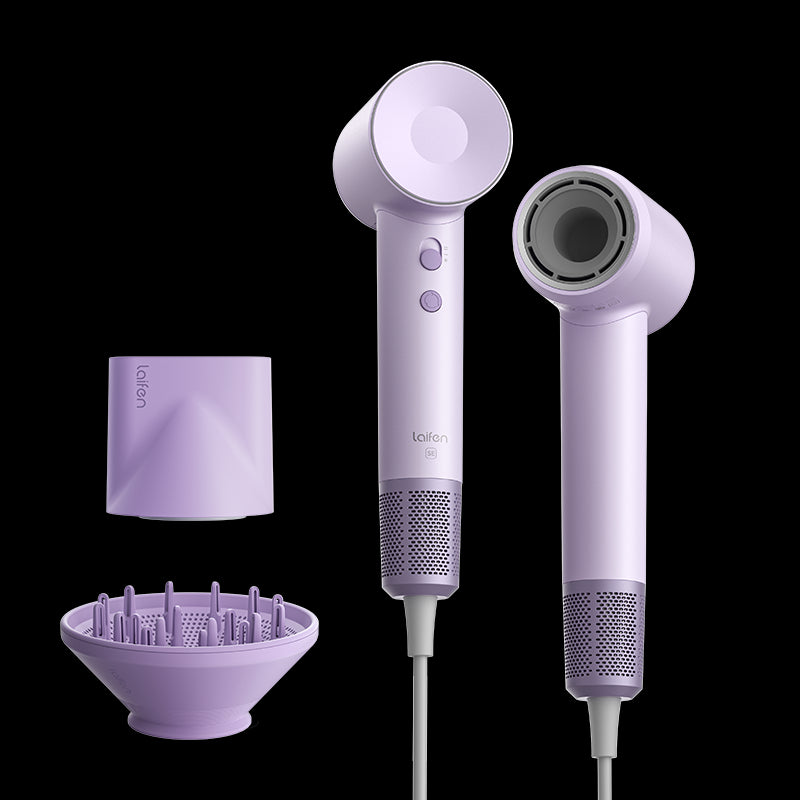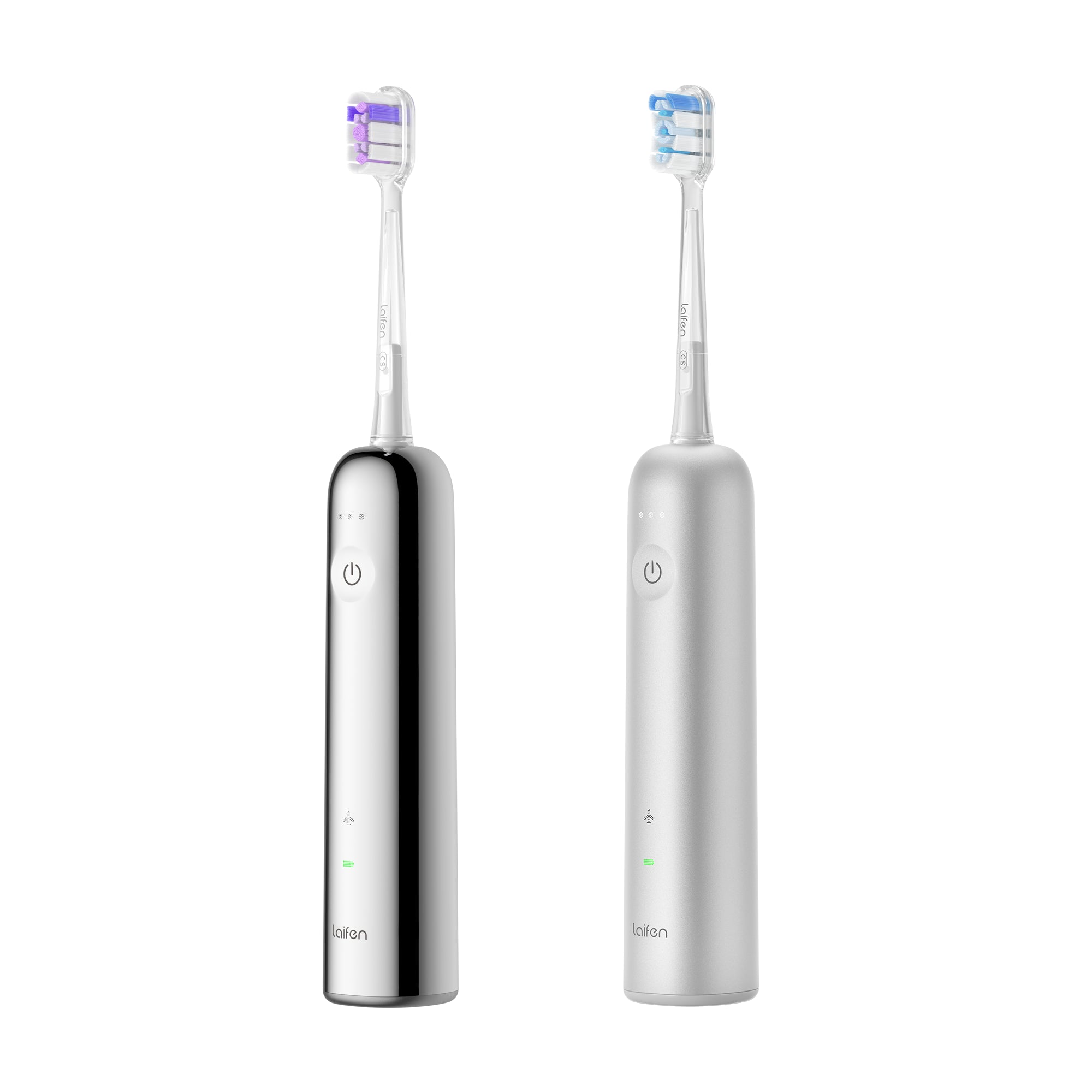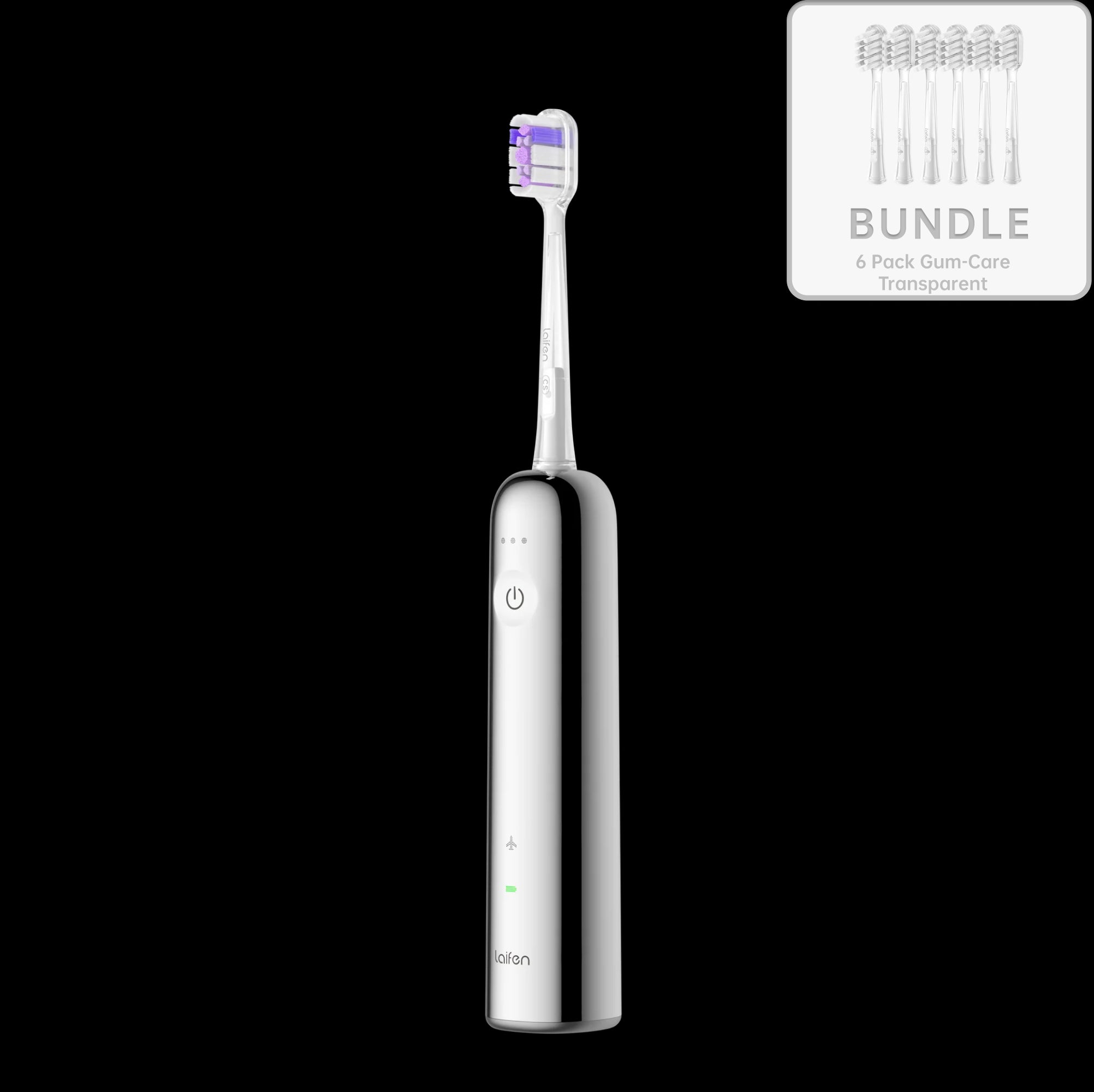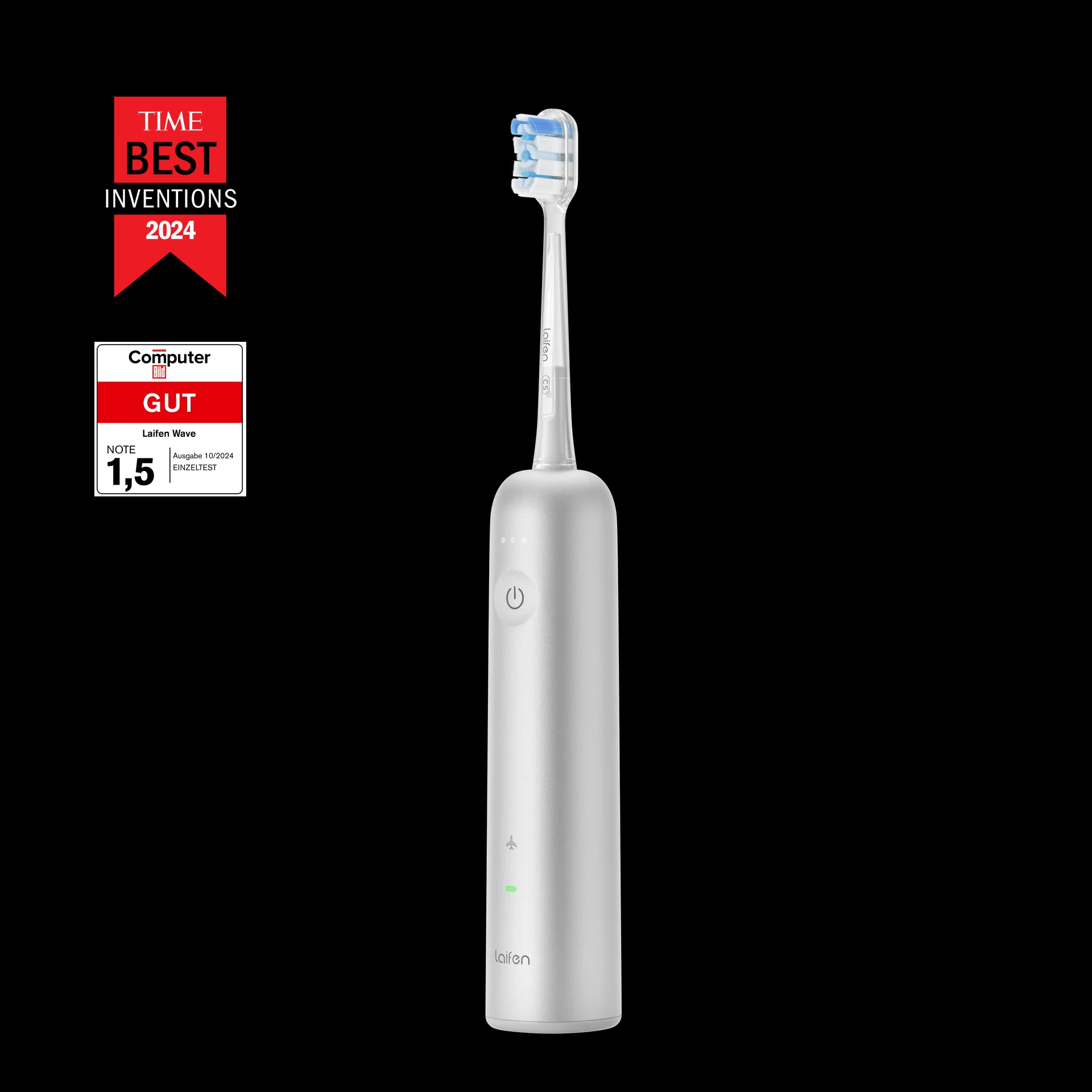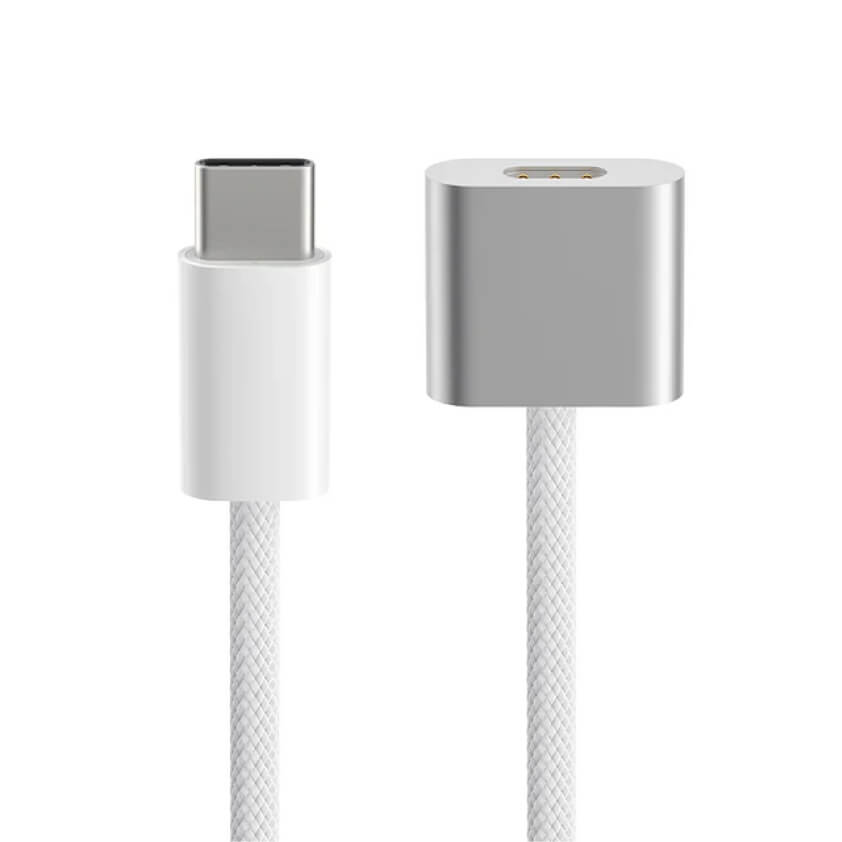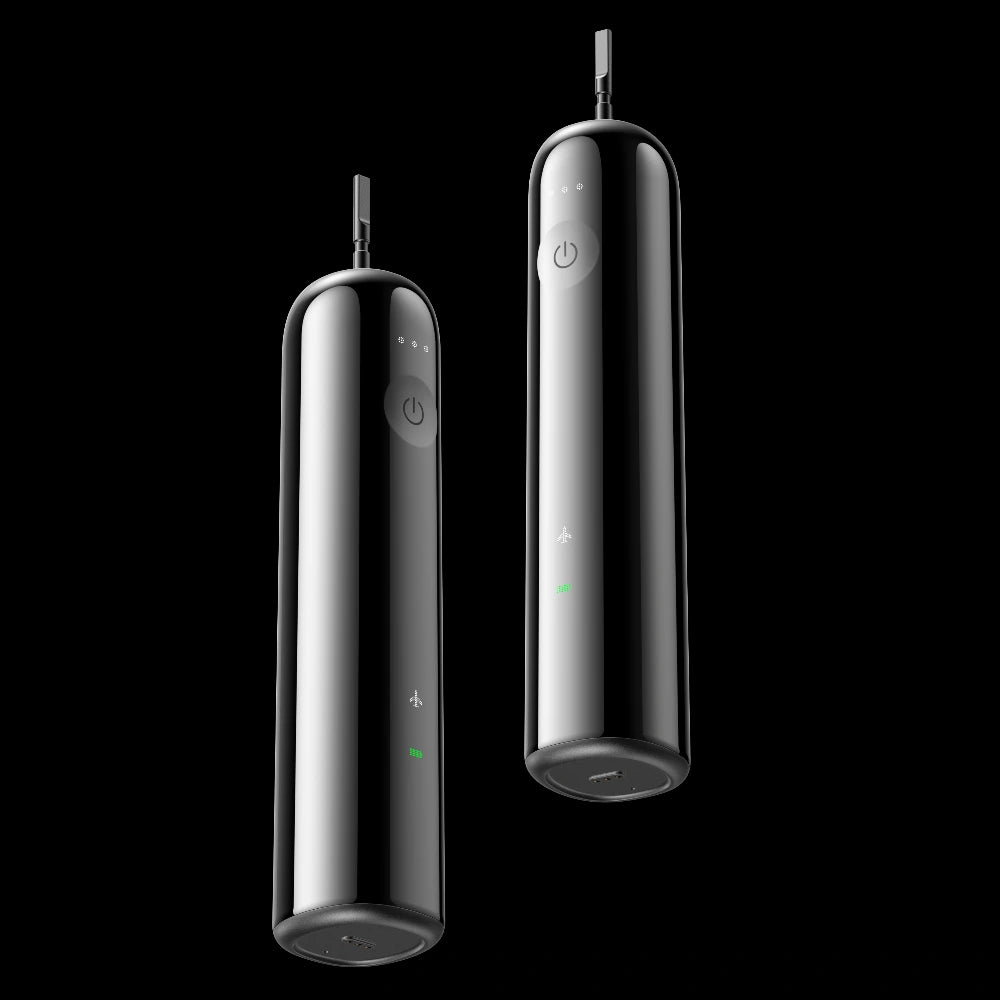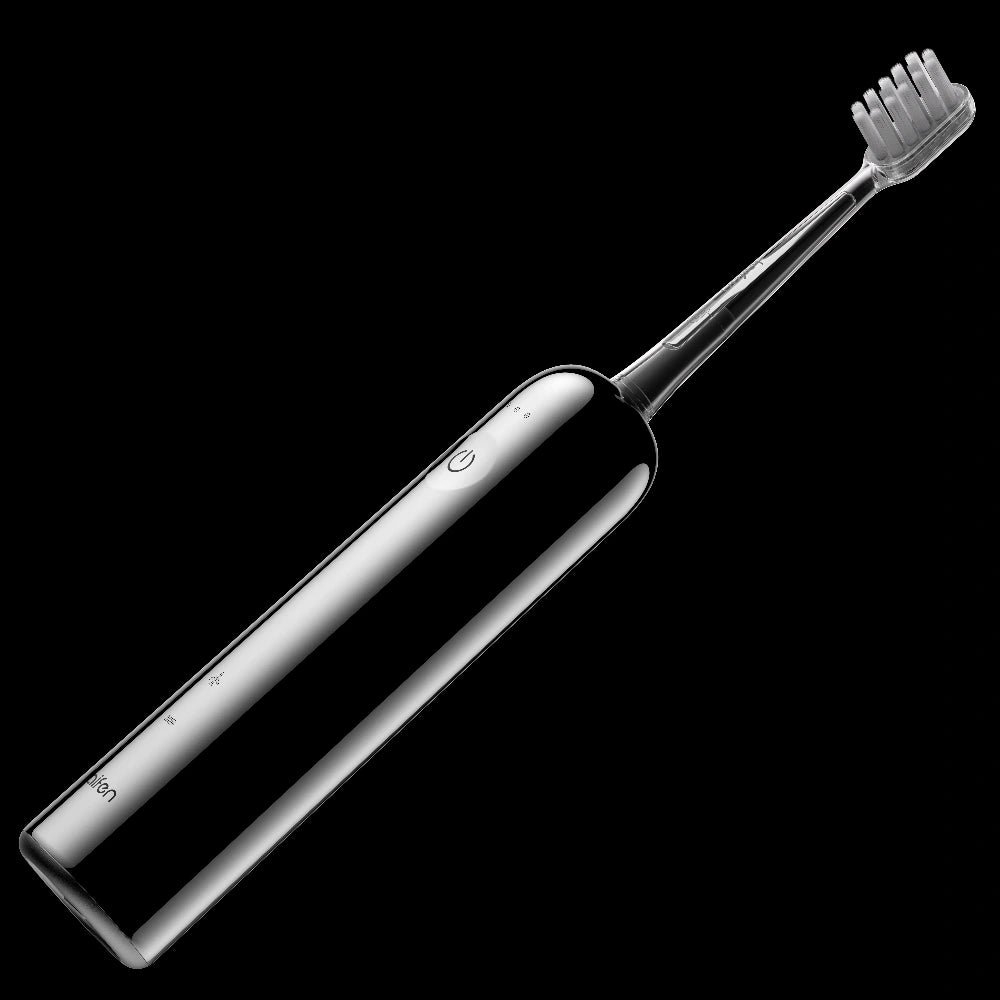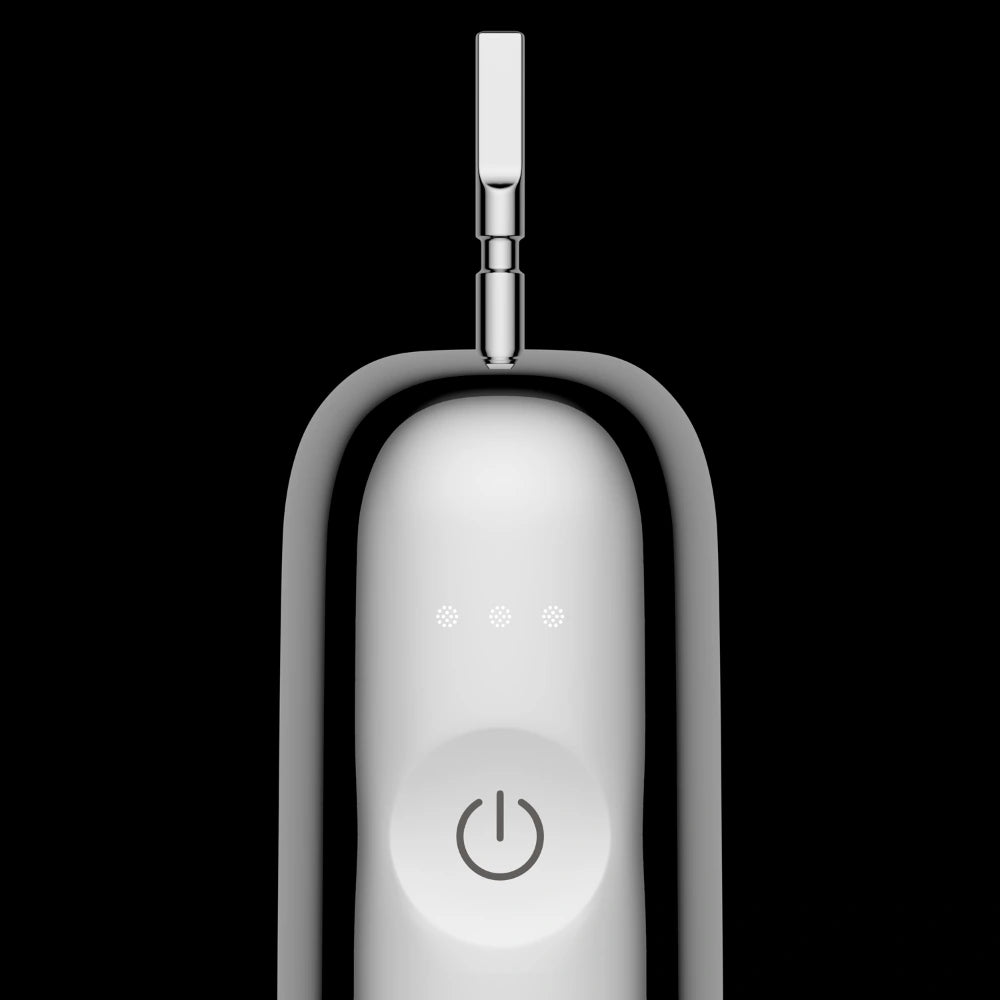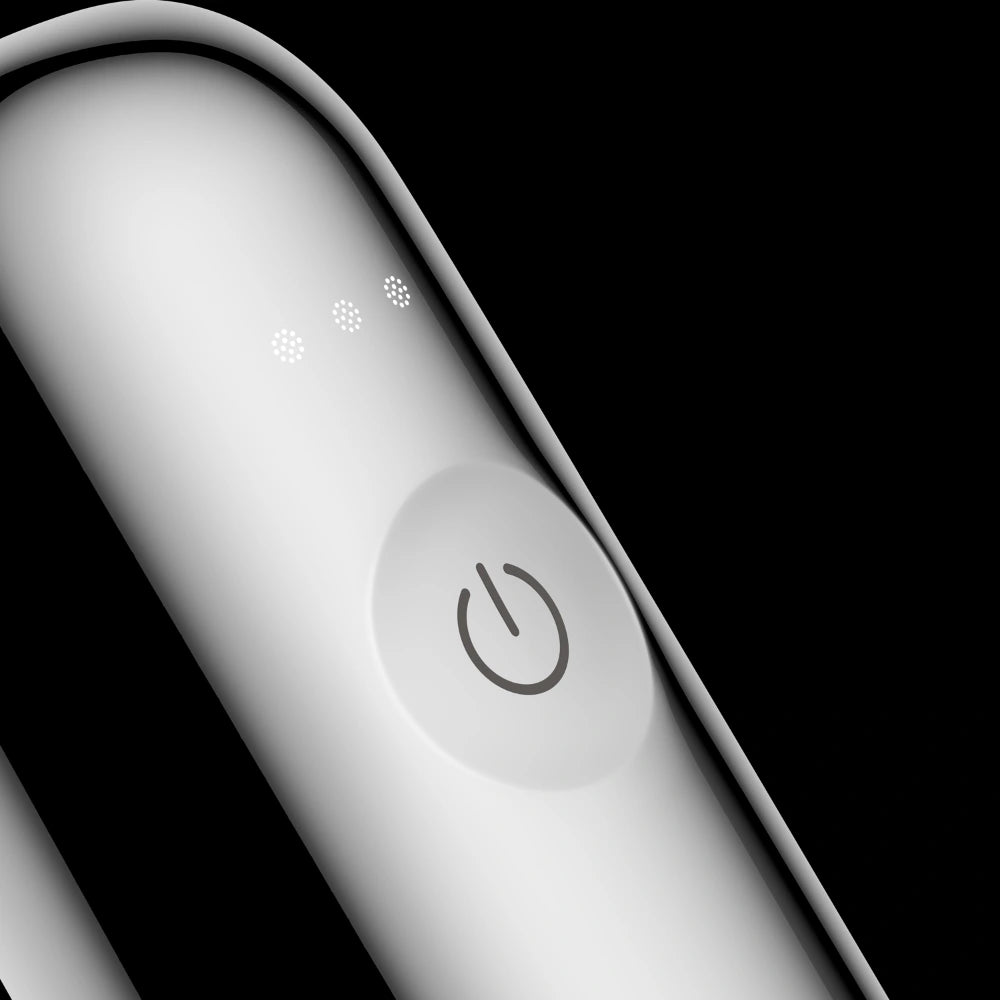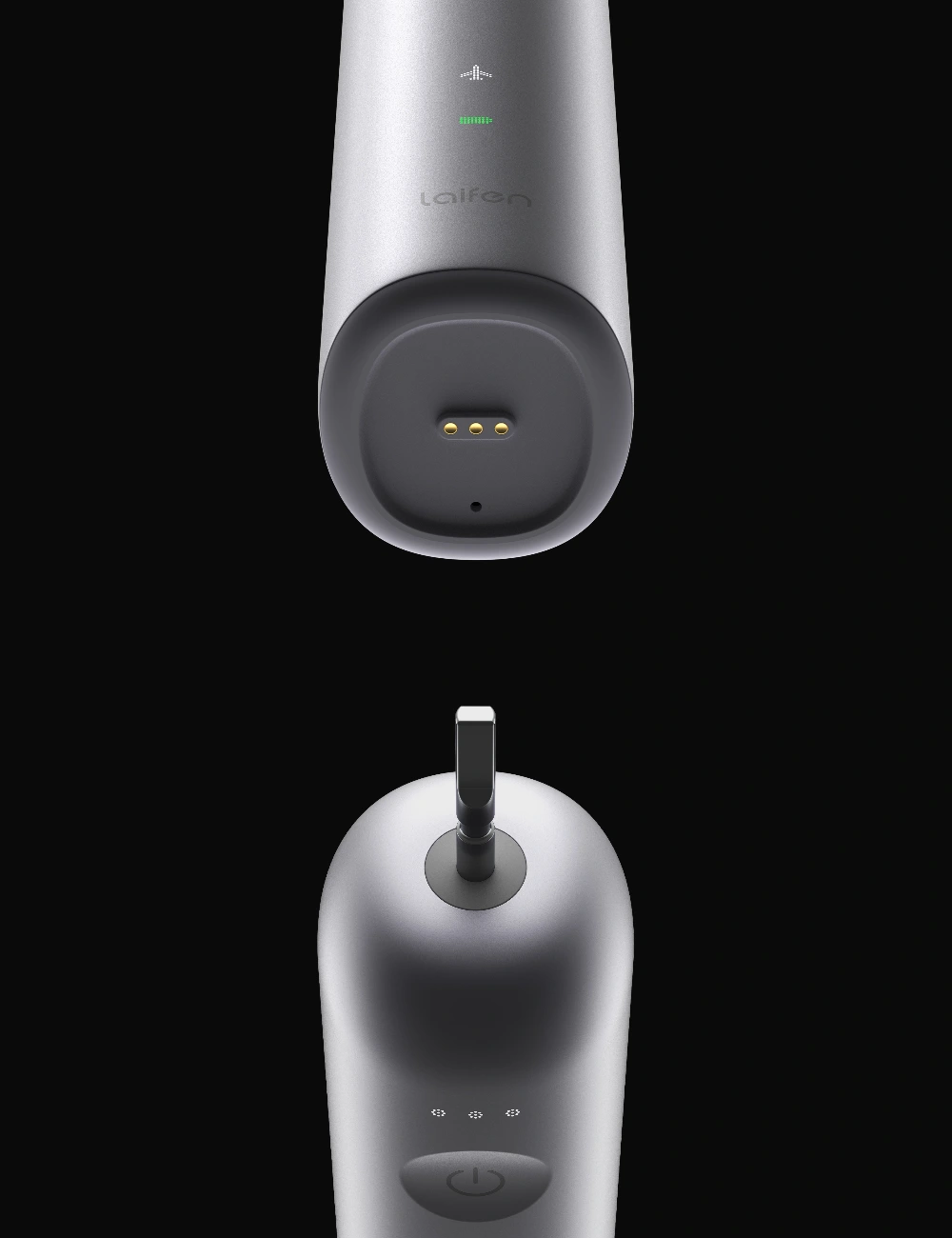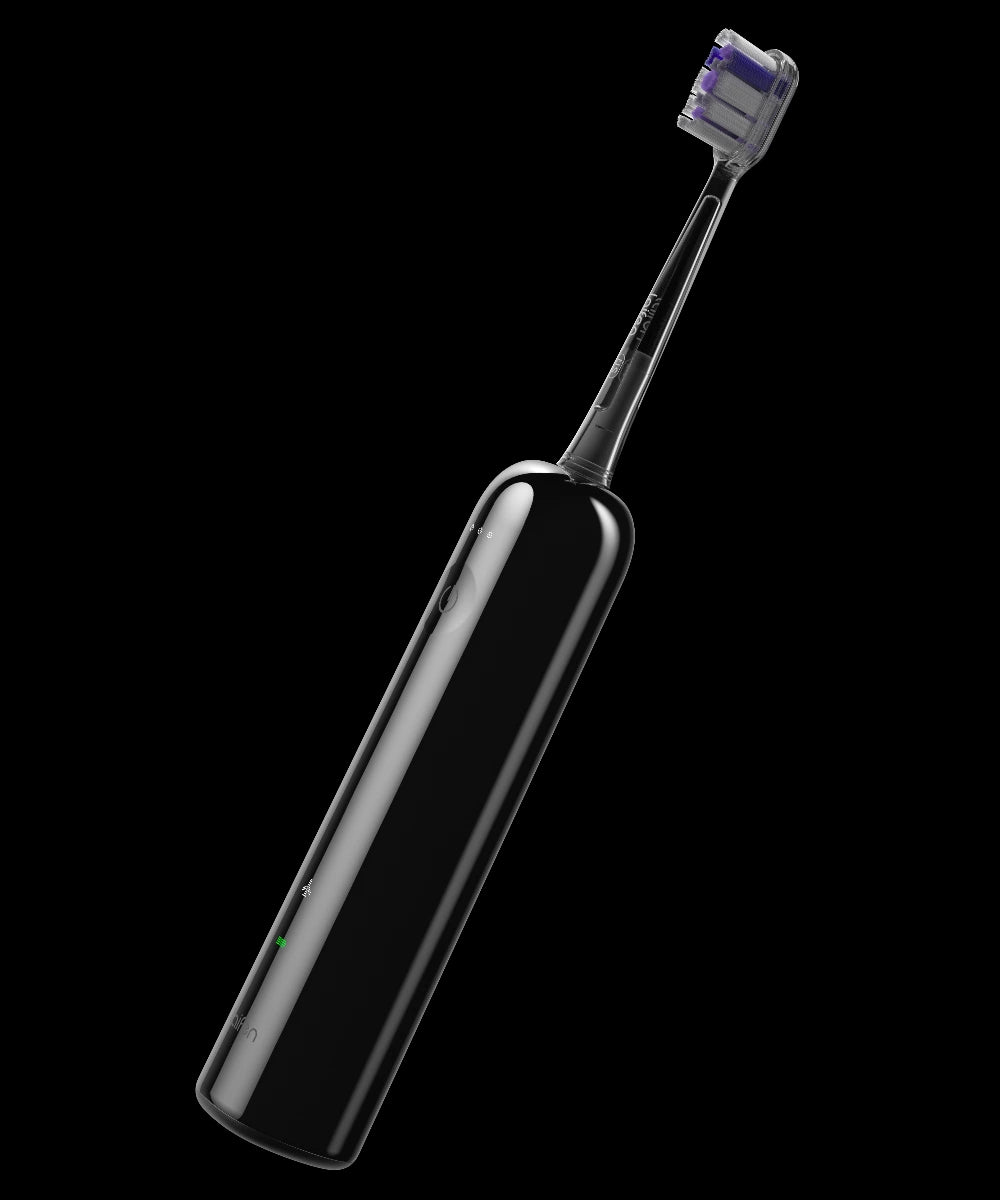
In this article
Sensitive teeth can put a damper on daily life, triggered by various scenarios. The root cause often lies in worn enamel exposing sensitive nerves, or receding gums revealing vulnerable tooth roots. Thankfully, desensitizing toothpaste or dental treatments like fluoride varnishes can provide relief.
Sensitive teeth affect a significant portion of the population, with studies indicating that up to 57% of adults experience tooth sensitivity at some point. The condition is more prevalent in younger adults, affecting around 1 in 3 individuals aged 18 to 44.
There are many conditions your teeth will become sensitive, explore them now.
[See also: How to use an electric toothbrush for my sensitive teeth?]
[See also: Which type of toothpaste can help your sensitive teeth?]
[See also: Can I use whitening strips for sensitive teeth?]
Why are your teeth sensitive all of a sudden?
Teeth can become suddenly sensitive due to various reasons, often stemming from changes in oral health or habits. Abrupt sensitivity may arise from enamel erosion caused by acidic foods or beverages, exposing the underlying dentin layer.
Similarly, tooth decay, gum recession, or dental procedures like teeth whitening can trigger sensitivity. Aggressive brushing with hard-bristled toothbrushes or clenching/grinding teeth can also contribute. Factors like age, hormonal changes, or underlying dental conditions may play a role.
Why are your teeth sensitive to cold?
Teeth sensitivity to cold temperatures can occur when the protective enamel layer wears down, exposing the underlying dentin. Dentin contains microscopic tubules that lead to the tooth's nerve center, making it sensitive to temperature changes.
Common causes of cold sensitivity include enamel erosion due to acidic foods/drinks, aggressive brushing, gum recession, or dental conditions like cavities or cracks.
Recent dental procedures like teeth whitening may temporarily heighten sensitivity. Using desensitizing toothpaste, avoiding acidic foods, and practicing gentle oral care can help manage cold sensitivity effectively.
Why our tooth is sensitive to sugar/sweets?
Find the reason that your tooth is sensitive to sweets in the part.
-
Enamel erosion: Sugar can contribute to acid production in the mouth and cause the erosion of the protective enamel layer of the teeth.
-
Dentin exposure: As enamel wears down, the underlying dentin layer, which contains nerve endings, becomes exposed and increases sensitivity to sugar and other stimuli.
-
Bacterial activity: Sugar fuels the growth of harmful bacteria in the mouth, which produce acids that can further damage enamel and increase sensitivity.
-
Tooth decay: Frequent consumption of sugary foods and beverages can contribute to the development of cavities.
-
Acidic foods: Many sugary foods and drinks are also acidic, which can directly contribute to sensitivity.
-
Poor oral hygiene: Inadequate brushing and flossing can allow plaque and bacteria to accumulate.
-
Dental procedures: Certain dental treatments, such as teeth whitening, can temporarily increase tooth sensitivity.
Why the teeth will be sensitive after whitening strips?
Using whitening strips can lead to tooth sensitivity for a few reasons. The bleaching agents in the strips can make the enamel more porous, which means it's easier for sensations like hot or cold to reach the sensitive inner layers of the tooth.
These agents can dry out the teeth, which can irritate the nerve endings and cause discomfort. Some people might simply have a reaction to the chemicals in the strips, leading to sensitivity. It's usually temporary, but if it persists or is severe, it's best to consult a dentist.
The teeth become sensitive after fillings
Experiencing sensitivity after getting fillings is quite common and usually temporary. There are a few reasons why this might happen. First, the process of removing decay and preparing the tooth for the filling can cause some irritation to the tooth's nerve, leading to sensitivity.
Also, the filling material itself, especially if it's a metal amalgam, can conduct temperature changes more readily than natural tooth structure, which might cause discomfort in response to hot or cold stimuli. Sometimes, the bite may need to be adjusted slightly after the filling, and until it's properly aligned, you might experience sensitivity.
How to do with sensitive teeth
Dealing with sensitive teeth involves several strategies to alleviate discomfort and protect dental health. Here are some tips shared in the last section.
-
Specialized toothpaste designed for sensitive teeth can help block nerve pathways and reduce sensitivity over time.
-
Brush with a soft-bristled toothbrush and fluoride toothpaste. Floss daily to remove plaque buildup, which can exacerbate sensitivity.
-
Limit consumption of acidic beverages and foods, as well as sugary treats, which can worsen sensitivity.
-
If you grind or clench your teeth, particularly at night, wearing a mouthguard can help reduce sensitivity.
-
Prefer calcium-rich foods like dairy products and leafy greens into your diet to support strong enamel.
-
Try to avoid exposing your teeth to extreme temperatures, such as very hot or very cold foods and beverages, which can trigger sensitivity.


